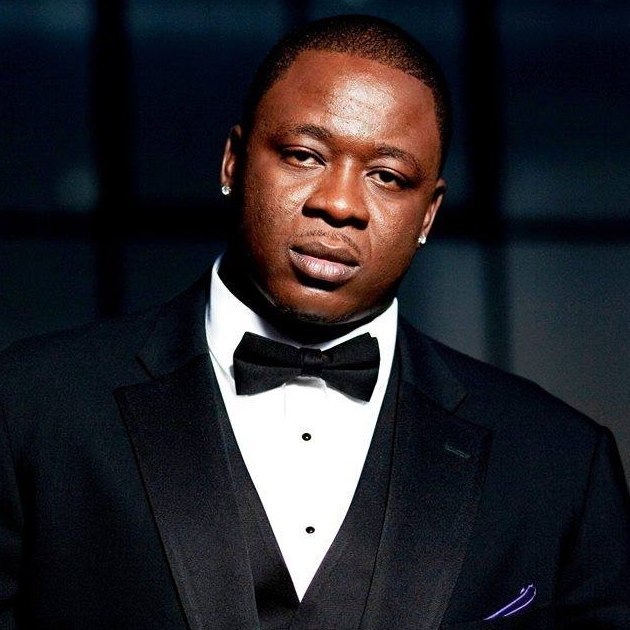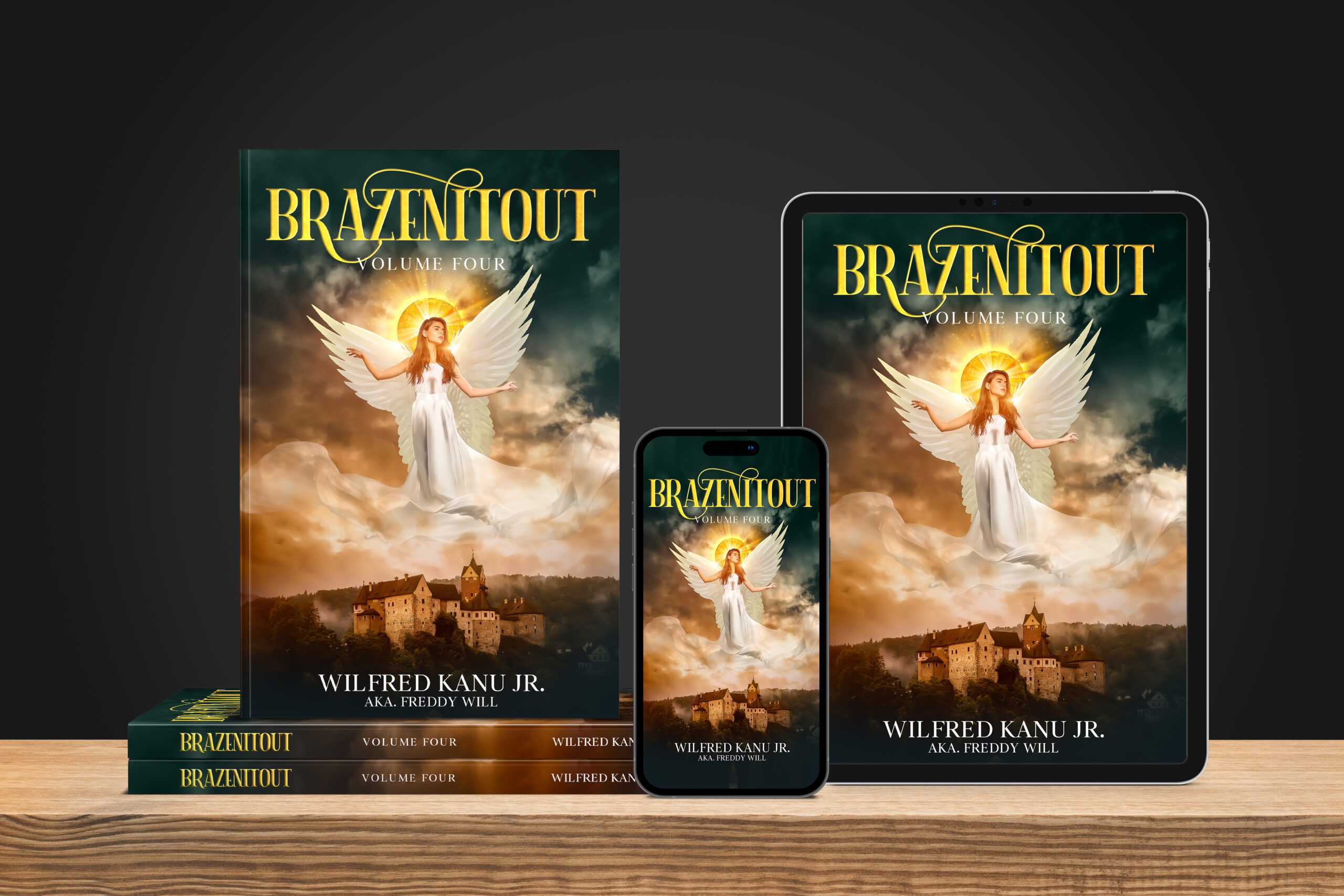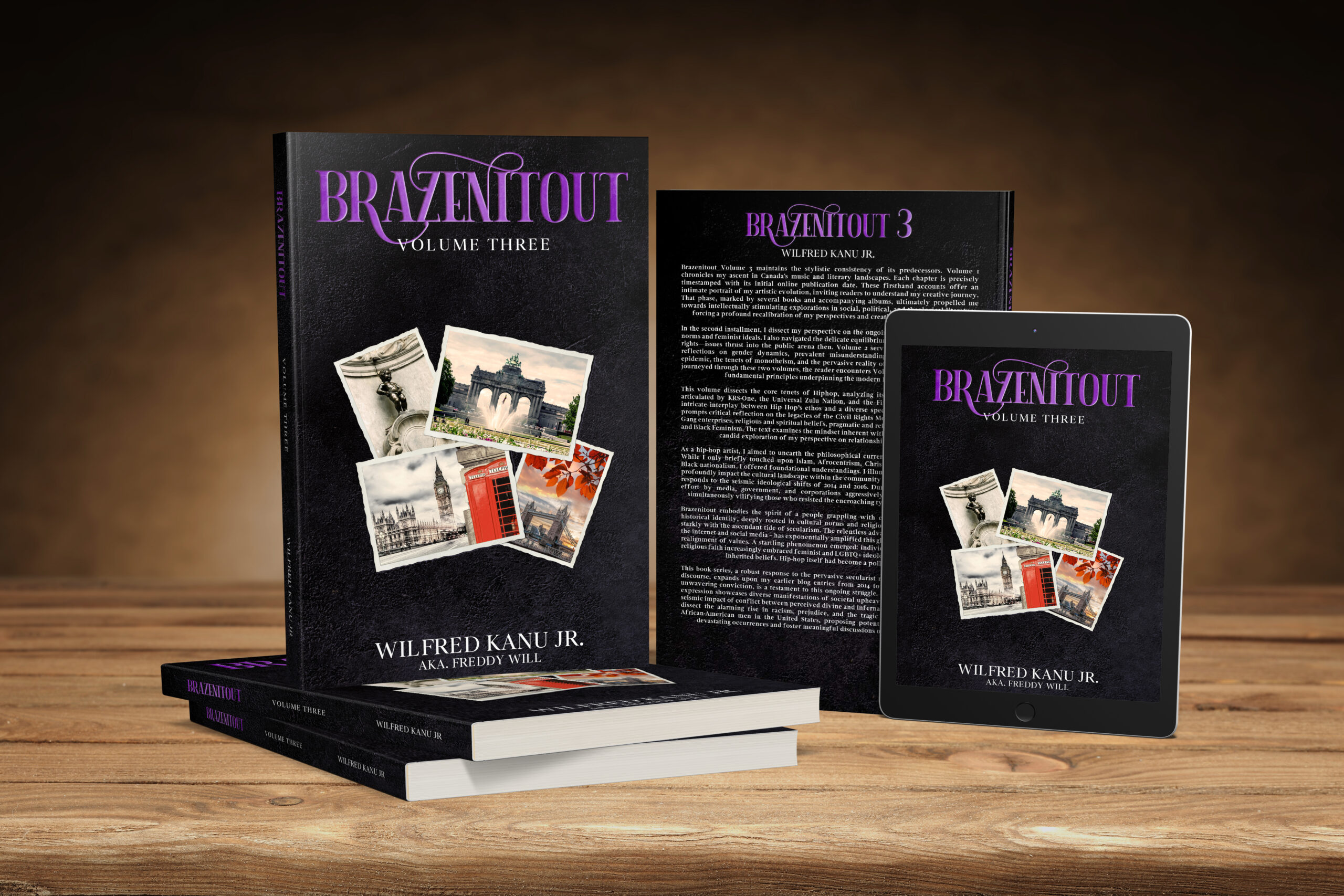Have any (of my) readers from Sierra Leone come across the famous saying? It’s often shared with confidence due to its popularity. The message is to show appreciation before a legend passes. We give them their deserved recognition while they are still present… If you are unfamiliar with Sierra Leone’s music scene, someone may introduce you to the renowned traditional musician Steady Bongo for the first time. He is well-known and respected within the Sierra Leonean community. As a side note, Freddy Will Publishing is fully equipped to document and disseminate detailed biographies. We aim to forever commemorate the names of such influential figures from our motherland in tangible reality.
I was a true tenderfoot, moving from place to place…”
Shortly before my relocation to Grassfield, Freetown, I had the honor of encountering a budding rapper, Say Say Moody. I had previously fled from the first Liberian Civil War during my two-year stint (1990-1992) as a diligent student at Christ the King College in Bo. As I embarked on a new chapter in Sierra Leone, I found solace in the soul-stirring melodies of a renowned musician, Lansana Sheriff or Steady Bongo, as the people affectionately referred him. His debut album, “Ready Before You Married,” was a masterpiece in traditional music and left a lasting impression on me. As I completed Form 2 at CKC that spring, I reflected on my tumultuous journey and embraced the unfamiliarity of being a true nomad.

Without a doubt, Steady Bongo made considerable waves in the music scene of Sierra Leone back then in 1990. And it is fascinating to look back after all these decades and see that he has withstood the test of time. He burst onto the scene during the rise of Hip Hop in the country. Living in Bo, you may have heard of the T-Lex Brothers, American Tourists, and the most talented rapper in town – Say Say Moody. If you were an adventurous teenager who didn’t mind the harsh consequences of staying out late at night. The idea of sneaking into the Uptown nightclub was exhilarating. Alternatively, you could have played it safe and caught a matinee showing of Sholay at the Rio Cinema after school.
In either scenario, the debut album of Lansana Sheriff would serve as the perfect soundtrack for your day. As mothers hummed along to his melodies while working on the farm and fathers laughed heartily while sipping on palm wine, Lansana Sheriff became an iconic figure in Sierra Leone’s Folk scene. I admired his steadfastness in staying true to his unique style, never imitating others or compromising his originality. Known as Steady Bongo, he remained true to his essence, and his music resonates with all Sierra Leoneans, no matter where they may be. The drums and guitar percussion of Steady Bongo are the epitome of traditional Salone folk music, capturing the essence of our culture and identity.
Steady Bongo: “Kormot Bi En Me” (1996), “Welcome to Democracy Na Salone” (1998), and “Born For Suffer” (1999).”
Whether you’re strolling through the city or doing a chore, you pause when his music starts playing. This is especially interesting because I had a foreign ear. In 1990, I did not know how to speak Krio. Coming from Liberia, the musician equivalent to Steady Bongo was Zack & Gebbah. Before Tupac dropped his heartfelt tribute “Dear Mama,” Steady Bongo gifted mothers with a timeless anthem. The song stirs a strong sense of pride in every Sierra Leonean. It triggers fond memories of my time in Bo. However, Sierra Leone has changed since then. Steady Bongo went on to create three more masterpieces – “Kormot Bi En Me” (1996), “Welcome to Democracy Na Salone” (1998), and “Born For Suffer” (1999). He entertained and inspired the nationals as a new wave of Hip Hop swept through the country.
True For Most Sierra Leoneans
Upon listening to his first album, I am transported to memories of loved ones who have passed away and the vivid scenes of 1990-1992 Bo Town. Those likely share this experience in Kenema, Kono, Koindu, and other regions of the country. Even in the United Kingdom, my grandmother can’t help but dance to this music. The same phenomenon occurs in every corner of the diaspora. Lansana Sheriff epitomizes what it means to be a true Sierra Leonean artist. He chooses not to collaborate with many unless they are instrumentalists. Bongo remains unwavering in his sound, refusing to conform to the popular Afrobeat, Zouk, or Reggae genres. He stays true to his Folk singer roots, which is the essence of his artistry.*





